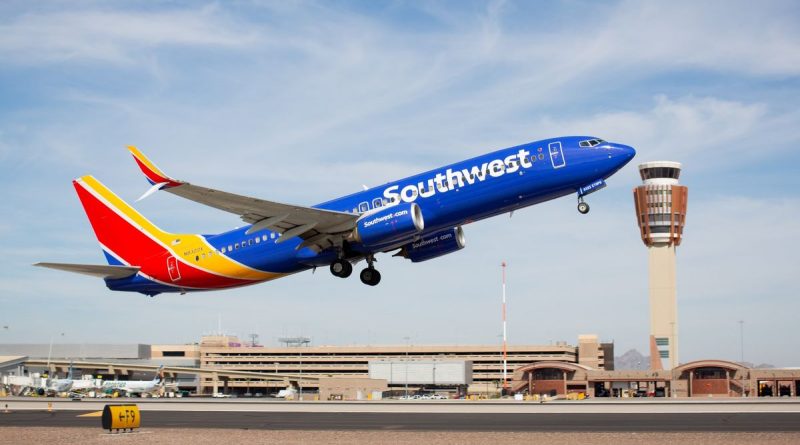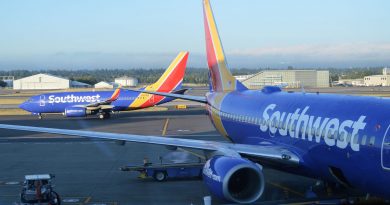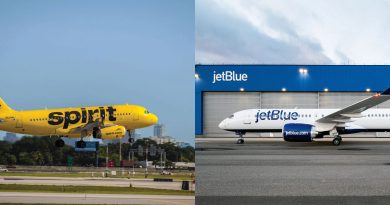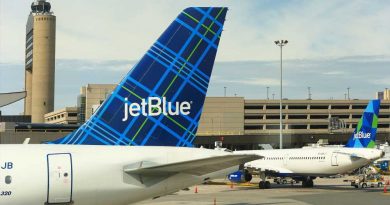Southwest COO explains December meltdown to Senate transportation committee
The primary cause of Southwest Airlines’ operational collapse over the December holidays was a lack of winter resiliency in its operation, especially at Denver and Chicago Midway airports, COO Andrew Watterson told members of the Senate transportation committee on Thursday.
“We struggled to keep the operation moving at these key airports due to a number of factors, including the amount of de-icing equipment and related infrastructure, the effect of the extreme cold on jet bridge hydraulics and ground support equipment fuel, and even, for example, the location of our gates and de-icing pads,” Watterson said in his prepared opening remarks for the Thursday hearing on Capitol Hill.
“It became clear that with the storm severely disrupting our Denver and Chicago Midway stations concurrently, we did not have enough resiliency in our operation for the severe effect this winter event had on us.”
The remarks represent a progression in Southwest’s thinking about the causes of the meltdown, which resulted in 16,700 flight cancellations between Dec. 21 and Dec. 31. The carrier had previously said that its failure to recover in a timely fashion from the storm was due to its crew scheduling system being overwhelmed by the initial surge of last-second flight cancellations the carrier made when the storm proved to be worse than expected.
On Thursday, Watterson reasserted that technology was a cause of the operational failure, but he said it wasn’t the main cause.
In response to questioning from Sen. Tammy Baldwin (D-Wis.), Watterson said Southwest had made estimates on how many aircraft it could de-ice per hour at various airports, but those estimates proved to be inaccurate in the face of the pre-Christmas storm, especially at Denver and Midway.
The airline plans to meet with Denver airport officials next week to discuss improving its de-icing capacity in Denver, which is Southwest’s largest focus city. A meeting in Chicago Midway, where Southwest is the dominant carrier, is also in the offing, Watterson said.
He added that Southwest is currently undertaking a top-to-bottom review of winter operations, which it expects to complete in March.
The carrier has hired consulting firm Oliver Wyman to do an outside assessment of the causes of the December meltdown.
During the hearing, some Democrat senators pushed for new regulations on airlines, while Republicans mostly opposed regulatory action.
Democrats push for regulation
“Congress needs to put guardrails on the industry, so airlines stop putting profits over people,” said. Sen. Ed Markey (D-Mass.), who is co-sponsor of a bill introduced last week that would provide a variety of new protections to airline customers.
Sen. Ted Cruz (R-Texas), conversely, took aim at the Department of Transportation for its recent decision to begin an investigation into whether Southwest’s holiday schedule was unrealistically large and therefore “unfair and deceptive” under DOT rules.
“A world in which the Department of Transportation can deem an entire airline’s schedule ‘unrealistic’ is a world with fewer flights to smaller airports in Texas, in Montana, in Nevada and Arizona, and less flexibility and competition for airlines, and ultimately higher prices,” Cruz said.
Source: Read Full Article



